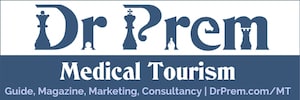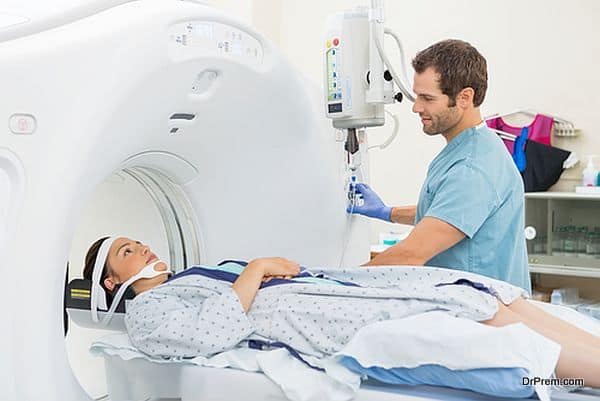Definition:
CT scan or Computed tomography scan is a special x-ray test which gives cross- sectional images of the body using x-rays and a computer. It helps to obtain structural and functional information about various organs of the body in detail and rapidly that improves the diagnosis.
Additional information about the procedure:
- Do not drink or eat anything a few hours before the examination.
- Generally patient is provided hospital gown or apron to wear during procedure.
- Women needs to inform the doctor about the pregnancy or had missed periods as x-ray’s can cause birth defects.
- Patient will ask to lie over the table and remain still for a few minutes during the examination.
- The radiologist would be outside examination room; however patient can communicate with them.
Advantages and Uses of CT scan
- A general CT examination is a relatively safer procedure; it can detect the slight differences of normal body tissue which helps to diagnose various infectious conditions, heart disease, lung disease and diseases involving the bones and muscles.
- It is very helpful in knowing the root cause of the acute complains such as sudden abdominal pain, headache or during accidents to access the injuries of internal organs as it takes relatively less time in scanning.
- CT scans can provide cross sectional images of the various organ of the body that helps to evaluate the organs such as brain, neck, spine, abdomen, pelvis, sinuses and to confirm the present of lesions such as cysts, tumors, renal or gall bladder stones etc.
- More over CT scan also detects the exact location, size of the lesions and the extent to which other organs are affected.
- CT scan are advised to plan radiation therapy for cancer
- The scanning can guide the surgeon in various minimally invasive procedures and biopsies.






